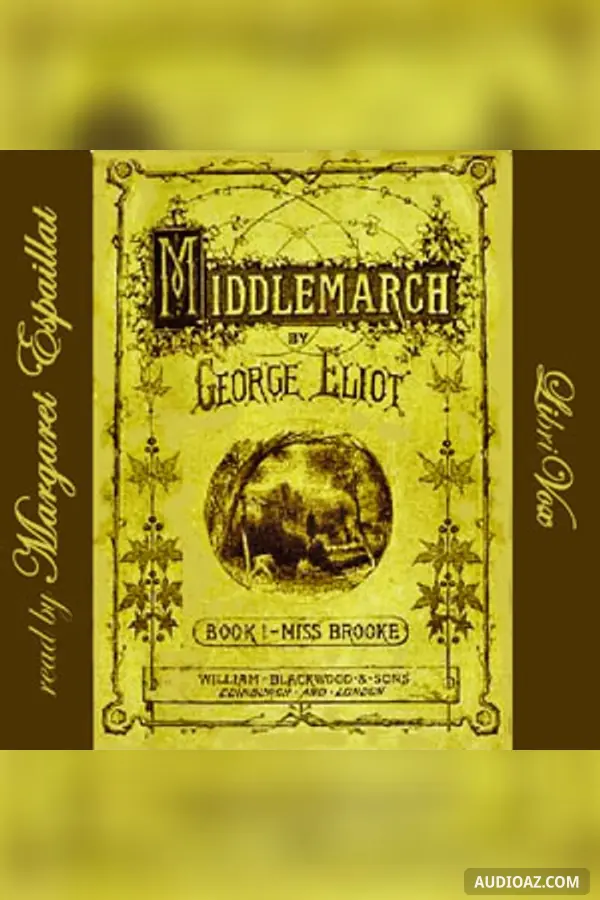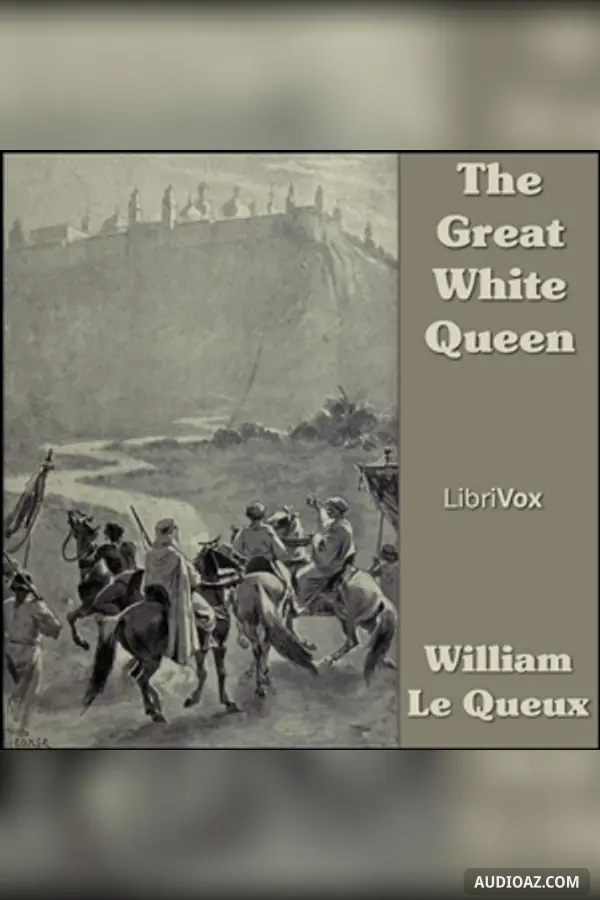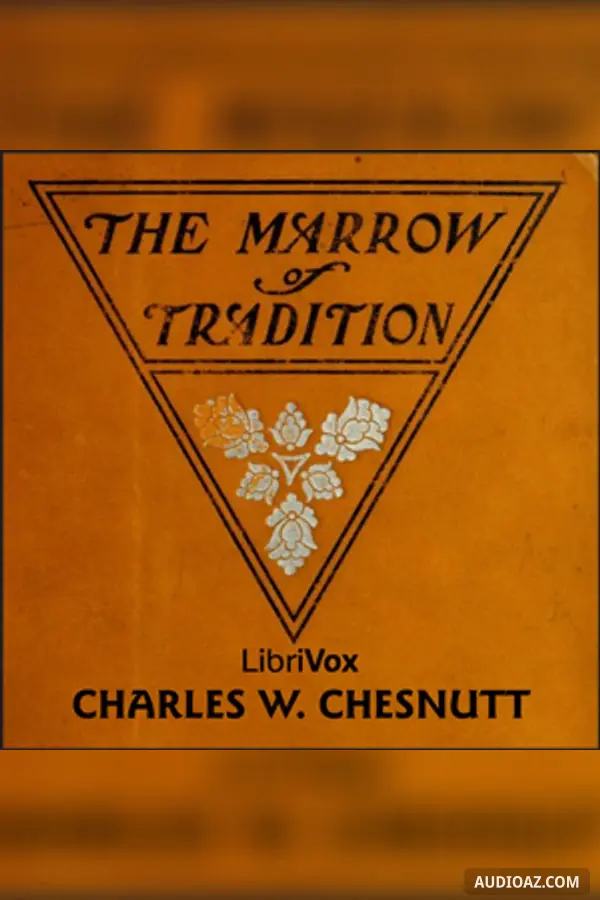
Eugene Onéguine - Audiolibro Gratis
Autor(es): Alexander Pushkin
Idioma: English
Género(s): Ficción generalPoesíaRomance
1 / 1601 - Canto I - 'The Spleen' Part 1
- 1. 01 - Canto I - 'The Spleen' Part 1
- 2. 02 - Canto I - 'The Spleen' Part 2
- 3. 03 - Canto II - The Poet Part 1
- 4. 04 - Canto II - The Poet Part 2
- 5. 05 - Canto III - The Country Damsel Part 1
- 6. 06 - Canto III - The Country Damsel Part 2
- 7. 07 - Canto IV - The Rural Life Part 1
- 8. 08 - Canto IV - The Rural Life Part 2
- 9. 09 - Canto V - The Fete Part 1
- 10. 10 - Canto V - The Fete Part 2
- 11. 11 - Canto VI - The Duel Part 1
- 12. 12 - Canto VI - The Duel Part 2
- 13. 13 - Canto VII - Moscow Part 1
- 14. 14 - Canto VII - Moscow Part 2
- 15. 15 - Canto VIII - The Great World Part 1
- 16. 16 - Canto VIII - The Great World Part 2
Acerca de
Eugene Oneguine is a classic of Russian literature, and its eponymous protagonist has served as the model for a number of Russian literary heroes (so-called superfluous men). It was published in serial form between 1825 and 1832. The first complete edition was published in 1833, and the currently accepted version is based on the 1837 publication.
Almost the entire work is made up of 389 stanzas of iambic tetrameter with the unusual rhyme scheme "AbAbCCddEffEgg", where the uppercase letters represent feminine rhymes while the lowercase letters represent masculine rhymes. This form has come to be known as the "Onegin stanza" or the "Pushkin sonnet." The rhythm, innovative rhyme scheme, the natural tone and diction, and the economical transparency of presentation all demonstrate the virtuosity which has been instrumental in proclaiming Pushkin as the undisputed master of Russian poetry.
The story is told by a narrator (a lightly fictionalized version of Pushkin's public image), whose tone is educated, worldly, and intimate. The narrator digresses at times, usually to expand on aspects of this social and intellectual world. This allows for a development of the characters and emphasizes the drama of the plot despite its relative simplicity. The book is admired for the artfulness of its verse narrative as well as for its exploration of life, death, love, ennui, convention and passion. (Introduction from Wikipedia)
Comentarios
Sé el primero en comentar
Aún no hay comentarios sobre este contenido. ¡Inicia la conversación!
Descubrir Más
Etiquetas: Eugene Onéguine audio, Eugene Onéguine - Alexander Pushkin audio, Ficción general audio, Poesía audio, Romance audio, free audiobook, free audio book, audioaz






